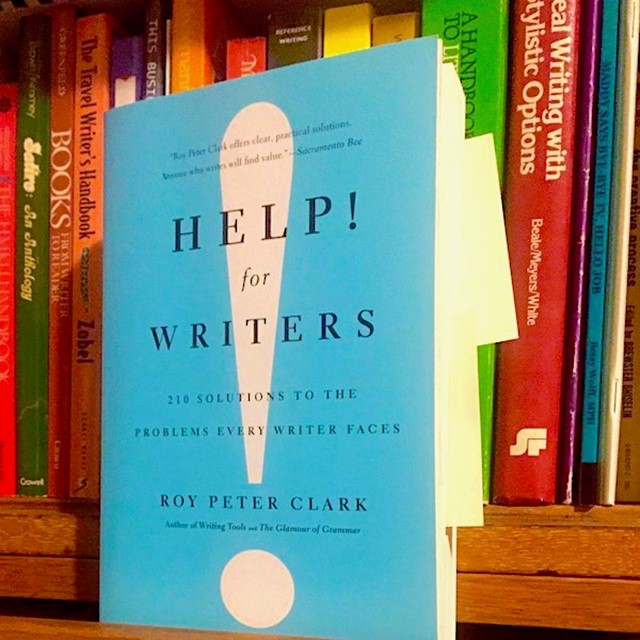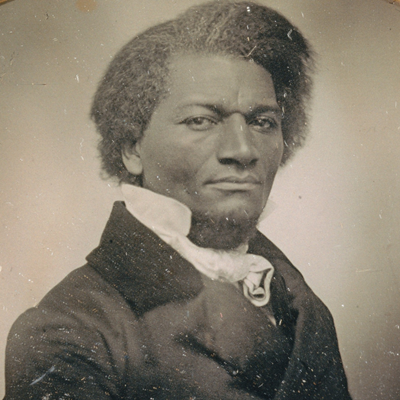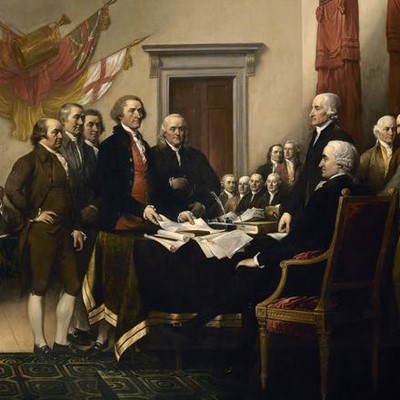
A favorite question in every class we lead is this: What public speaking books do you suggest we read? Our shelves are loaded with choices. Every month we'll be featuring a pick from new books we've come across and old favorites we go back to again and again.
"To hear some writers talk, you would think we have problems in the gajillions, from whether to use gajillion or gazillion, to whether that exclamation point after Help is necessary."
– Roy Peter Clark in the introduction to "Help! for Writers"
Help! for Writers: 210 Solutions to the Problems Every Writer Faces
By Roy Peter Clark
This book comes to us by way of Buckley School resident writer Jenny Maxwell, who discovered it a couple of years ago while chaperoning a middle school field trip to Washington, D.C.
"I was wandering around the Newseum gift shop, and this book caught my eye. Maybe it was the promise of 210 solutions. Anyway, I leafed through and saw some good ideas for myself and to use in classes I teach," Jenny says. "Plus, I figured that at $15, it was a bargain at what, about seven cents a solution?"
Roy Peter Clark--a writer, editor, and vice president of the Poynter Institute--draws on his experience to create a seven step method to address the problems writers share.
At The Buckley School, we recommend that people write out their presentations, even if they ultimately prefer to speak from bullet points. Writing benefits speakers and their messages, because it forces them to work out the problems of writing--the very problems for which Clark has 210 solutions.
In particular, we think speakers will find a lot of help in Step Three: Finding Focus and Step Seven: Making it Better. For example, if you're struggling to focus your presentation, you might benefit from Clark's tip to write a six-word theme statement. We also like his recommendation to make it a practice to cut the length of anything you think of as a finished draft by another 10 percent.
 Jenny found her copy of "Help! for Writers" while chaperoning a middle school field trip, an experience that she says put her writing problems into perspective in more ways than one.
Jenny found her copy of "Help! for Writers" while chaperoning a middle school field trip, an experience that she says put her writing problems into perspective in more ways than one.
Also take a look at Tool 2: Order Words for Emphasis (at the very end of the book), where he explains how the first and last words of sentences are the prime real estate. To improve your ability to order words for emphasis, he recommends reading Abraham Lincoln's Gettysburg Address and Martin Luther King, Jr.'s "I Have a Dream" speech to see how emphasis word order works.
"This is one of those books you can read front to back or use as a reference when you're stuck on a project--and actually, I'd recommend doing both," Jenny says.
To find excerpts and other advice from Roy Peter Clark, check these resources provided by Poynter.






